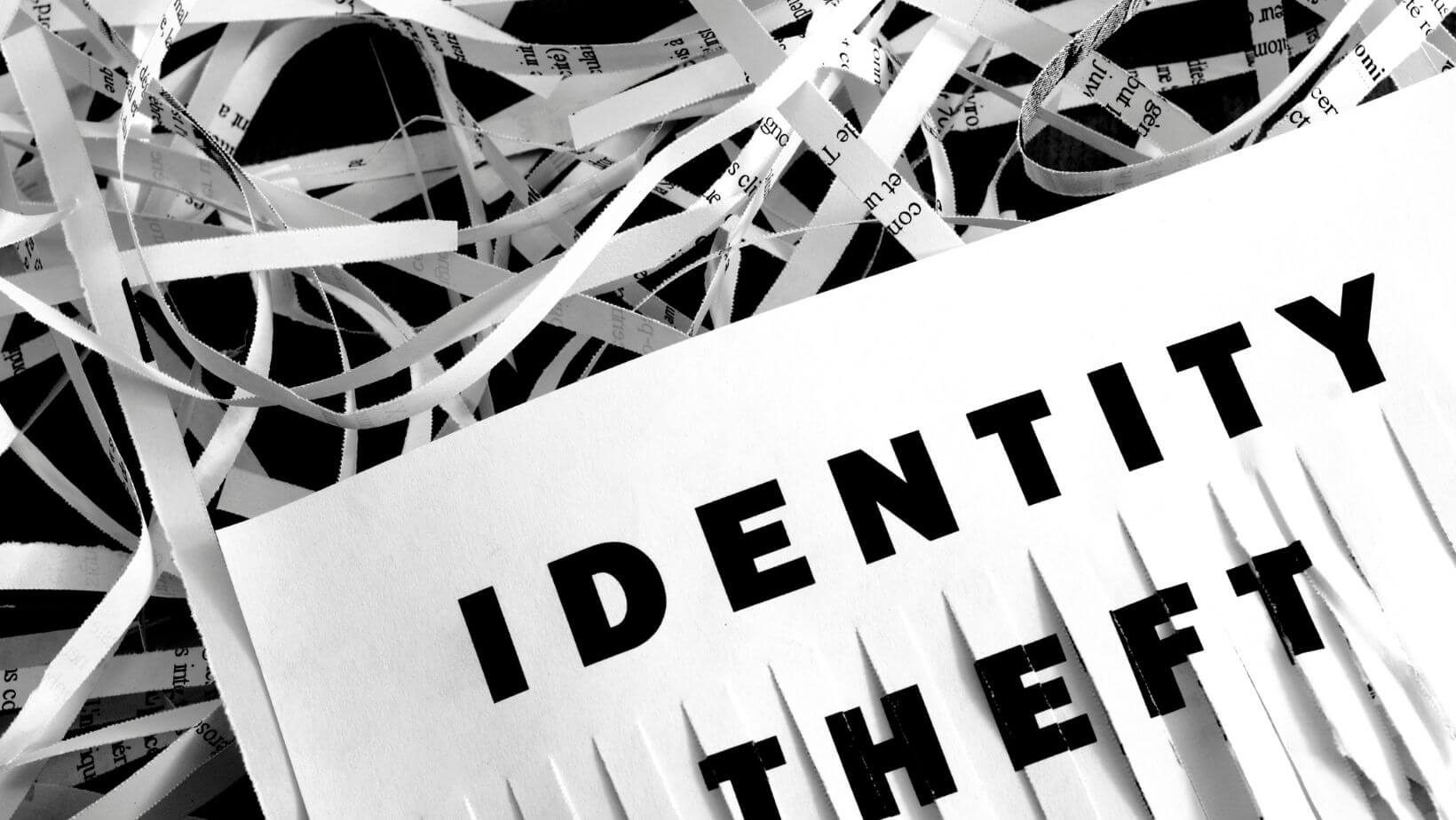Methods Of Preventing Identity Theft

Nobody should ever be a victim of identity theft, yet unfortunately, it’s still a widespread problem. But the good news is that there are measures you can take to protect your personal and financial information from criminal activity. This blog post will explore practical methods of preventing identity theft and safeguarding your personal information.
What Is Identity Theft?
Identity theft, or identity fraud, is when a criminal uses someone else’s personal information to access their finances or other resources. It can involve opening credit cards in the victim’s name, taking out loans, and stealing money from bank accounts. Identity theft is one of the most common forms of financial crime in the U.S., and it’s rising. That’s why it’s essential to know how to protect yourself from identity theft so you don’t become a target.
How To Prevent Identity Theft
You can adopt various preventive measures to protect yourself and minimize the risk of falling victim to identity theft.
Use Strong Passwords
Using strong passwords for all your online accounts is essential. With cyber threats becoming increasingly prevalent, taking all possible measures to protect your personal information is critical. This includes creating complex passwords that are not easily guessable. Use letters, numbers, and symbols in your passwords to make them more secure. Remember, your online security is in your hands, so take the necessary steps to safeguard your accounts.
Be Aware Of Phishing Scams
Receiving emails or pop-up messages that request your personal information is not uncommon. However, it’s essential to be aware of phishing scams and never provide sensitive information. These scams can be incredibly convincing, coming from seemingly legitimate sources such as banks or online retailers. However, providing personal information puts you at risk for identity theft and financial fraud. So, before you click that link or provide any information, take a moment to verify the source and always err on the side of caution. Stay vigilant, and don’t let your guard down when protecting your personal information online.
Don’t Leave Confidential Documents Lying Around
It’s crucial to keep confidential documents safe and secure. Leaving them lying around where anyone can access them is a recipe for disaster. Whether it’s personal documents or sensitive work-related information, the last thing you want is for the wrong person to get their hands on it. Make sure to keep these documents in a safe and secure location, out of sight and out of reach of anyone who shouldn’t have access. Protecting your confidential documents appropriately can save you from potential headaches, embarrassment, or even legal repercussions. So, take the necessary steps to protect your sensitive information and give yourself some much-needed peace of mind.
Regularly Check Your Credit Report For Suspicious Activity
Keeping a close eye on your credit report is imperative in today’s technology and online shopping world. Thieves and hackers can easily steal your identity and open up lines of credit in your name, leaving you with a hefty bill. Regularly checking your credit report allows you to catch suspicious activity before it spirals out of control. Not only will this protect your finances, but it will also give you peace of mind knowing that your credit is secure.
Avoid Using Debit Cards When Online Purchases
With the rise of online shopping, protecting yourself from potential fraud is essential. While using debit cards may seem more convenient, they pose a greater risk of theft than credit cards. This is because debit cards are linked directly to your bank account so any unauthorized purchases could mean direct access to your funds. On the other hand, credit cards offer more robust security measures such as fraud protection and limited liability for unauthorized transactions. It’s best to err on the side of caution and stick to using credit cards for online purchases to ensure your hard-earned money stays safe and secure.
Shred Personal Documents Before Throwing Them Away
Protecting personal information is more critical than ever. Identity theft remains a serious problem that affects millions of people each year. The good news is that there are simple steps you can take to protect yourself. One of the most effective strategies is to shred personal documents before throwing them away. This includes anything that contains sensitive information, such as bank statements, credit card statements, and medical bills. By taking the time to shred these documents, you can make sure that your personal information is in the right hands. Whether you use a shredder at home or take advantage of shredding services offered by your local community, it is an easy and essential step to safeguard your identity.
Preventing identity theft requires a combination of caution, awareness, and proactive measures. By safeguarding your personal information and using secure document shredding, you can significantly reduce identity theft risk. Stay informed about the latest identity theft trends and continue to adapt your prevention methods to ensure your online and offline security.
Abraham’s On-Site Shredding Service offers various services to meet all your document shredding needs. Get in touch to learn more about our secure document shredding benefits.
